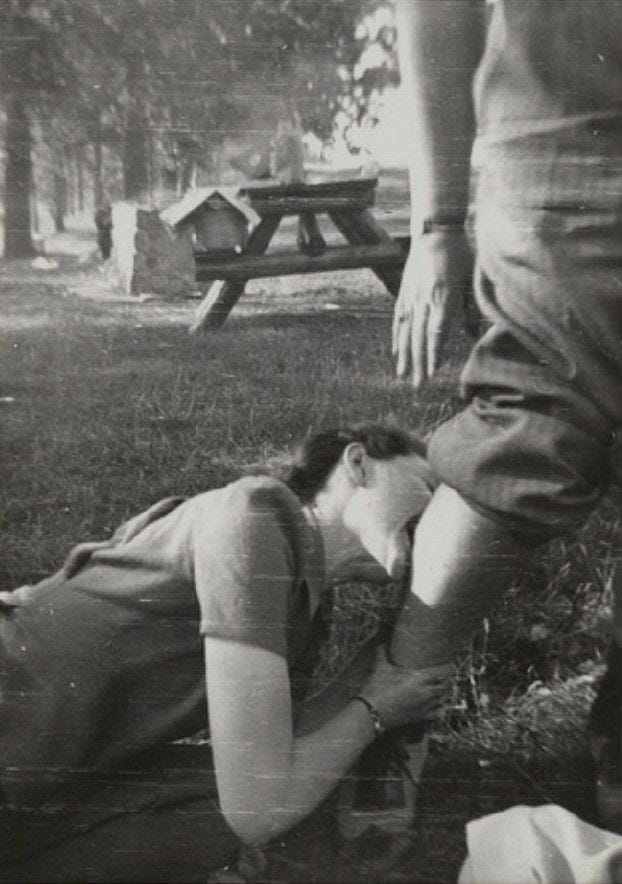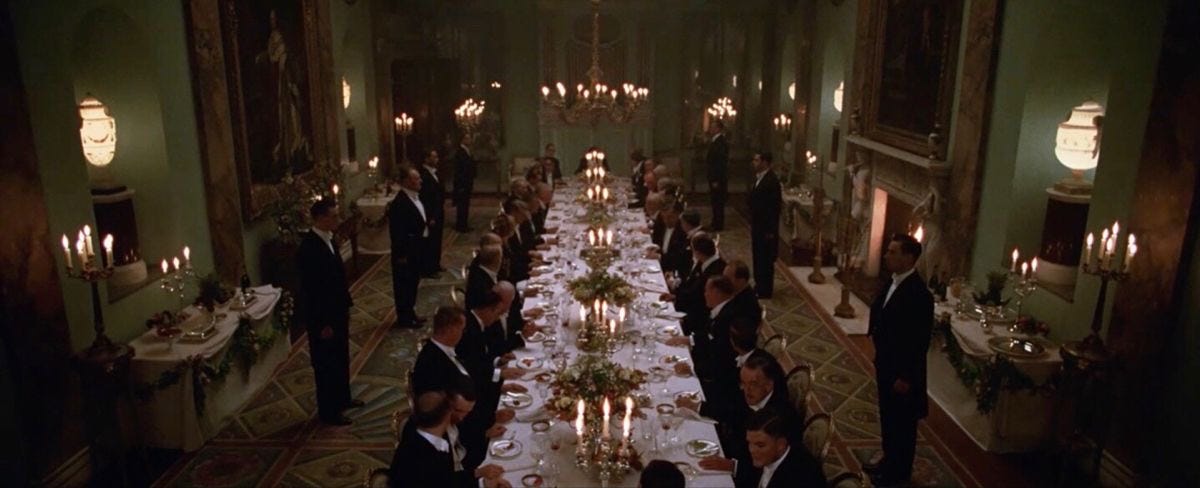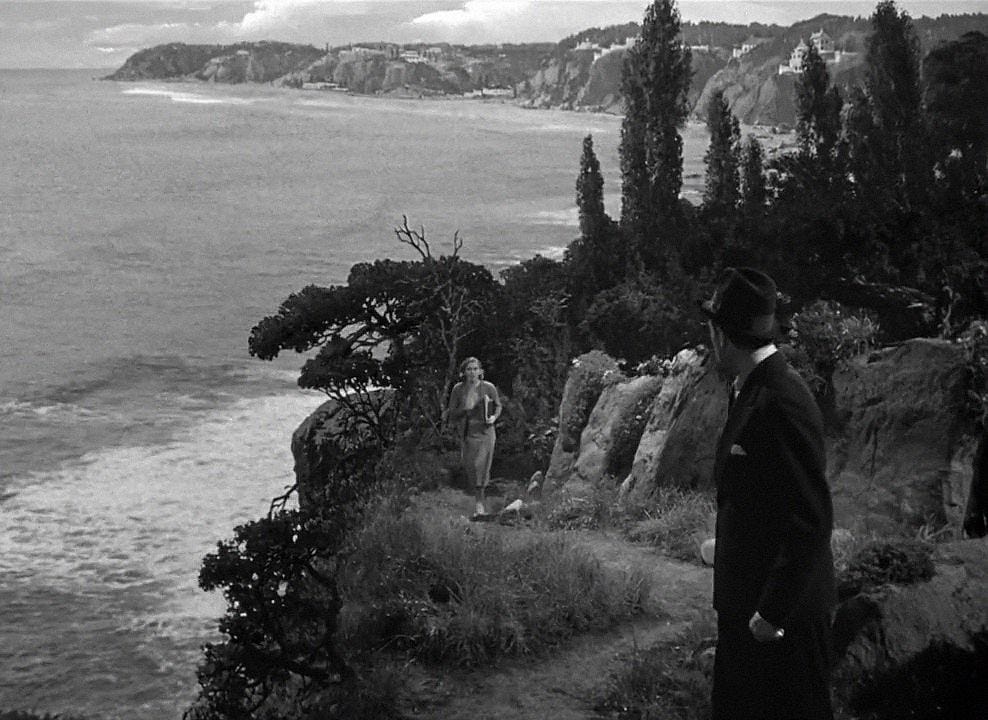Nostalgia is defined as a sentimental longing or wistful affection for periods of the past, more frequently times of love and youth. Over time, that longing has been explored in different kinds of media, as an expression of deep emotion, identity, and innocent idealisations. In this piece in particular, I shall be exploring nostalgia as a theme in my most favourite novels to ever exist, not only as a yearning for The Before, but also, as a reminder of all that could have been but will never be.
Crossing to Safety, Wallace Stegner - Nostalgia as an Idealisation of Youth
Crossing to Safety, published in 1987, follows two couples who first meet during the Great Depression, and remain the centre of each other’s worlds for years to come.
Sally and Larry, who are husband and wife, relocate to Wisconsin in order for Larry to teach at the university’s English Department. They struggle to adapt to a world that they are socially alien within, and are burdened with the heavy weight of making ends meet. Almost immediately, Larry becomes acquainted with Sid, also an English professor. Soon after, he and Sally are introduced to Sid’s wife, Charity. They are both coincidentally pregnant and bond over the joys and trials of impending motherhood. The story alternates between the years of their youth and old age.
This sort of nostalgia speaks to me the most out of them all. Think: an endless summer, dizzy with heat and the promising unknown that will bring things greater than the illusions of your wildest imaginations. There is, of course, a strong sense of naivety associated with youth in Crossing to Safety, as well as the desire to return to a state of not knowing. The admired Sid and Charity are not chained to financial burden as Larry and Sally are. This is symbolised by them taking up much space in the plot, appearing larger than life compared to their counterparts, almost invisible within the narrative. Larry idolises Sid and Charity’s marriage and sees them only in a perfect, unproblematic light, until a “secret” revealed about their life shatters that illusion. This confirms that youthful idealisation does not last forever. Yet the magic of the moments are always, though in vain, sought after.
While people shift and alter across the years, tangible objects and places are more likely to stay intact, like the holiday home that Charity had owned - Battell Pond. Both couples would spend their idyllic summers there. They return when they are older, marked by the trials of time and grief - Charity is ill with cancer, and Sally is paralysed with polio (spoiler), and find that while the inhabitants have changed, the cottage and the natural environment have remained the same. This environment serves for a reunion with memory and mortality, and especially through the lens of a changed person, youth seems all the more beautiful, despite being presented as an illusion still.
The Remains of The Day, Kazuo Ishiguro - Nostalgia as Regret
The Remains of the Day, published in 1989, is one of my all time favourite pieces of literature to ever exist, and yet I would not reread it more than twice because it is also the most devastating, gut-tearing story to have ever been written in the history of the universe. Nostalgia as regret is not a romanticisation of past events as it is a futile desperation to cling onto the illusion of duty well done in order to avoid facing the fact that one’s seemingly honourable actions have reaped no reward. This novel is anything but cheerful.
The post-modern story follows a long-serving butler, Stevens, as he embarks upon a six-day excursion across the English countryside, which mirrors the psychological journey towards his past. Throughout the trip, Stevens reminisces on his years spent at Darlington Hall, serving a Lord of the same name against the backdrop of Nazism and pre-World War II. Despite remaining firm in his beliefs of an English greatness linked closely to a greatness of duty and dignity, he finds it difficult, as his travels progress, to deny the truth at hand - that all the love he had rejected, all that he had lost, was never worth being slave to a false sense of duty that proved to be more harmful than noble in the end.
This sense of nostalgia is very dear to me because I found, and will continue to find, significant parts of myself in Stevens’ character, such as comfort, understanding, and sympathy. I believe that everyone who reads the novel will find fragments of themselves in these unique and complex characters. Regret is such a torment. It forces you to address the cracks in your own idealised action and belief, and there is no true way to return and right one’s wrongs, no way to alter the past. The lack of control over what has been done is the most heartbreaking of all, and yet there is hope for the future, there is still a chance to make the best of what remains of one’s day. I often find myself dreaming of all the parts of my past I could alter had I possessed the knowledge I do now. And then I wake up. I still hold onto the idealisation of my Before, because if I do not, what else will I have left? The remains of my day are wide and vast and bright, but the almost-full entirety of my day will never cease to taint my brain. What a noble thing to create a light all over again.
Rebecca, Daphne du Maurier - Nostalgia During The Moment
This 1938 novel is everything everyone and anyone could want - a dead character that haunts the narrative in a manner that makes her the greater fixation than those who are currently alive, a gothic and eerie landscape that bears secrets too loud to even be echoed, and the wide gap between a naive young girl who is never truly home (because she never truly belongs anywhere as herself), and a wealthy and calculating older man, who, despite all the power he maintains in the material world, cannot escape the shackles of his own haunting past.
These are all significant and unavoidable themes within the plot of the story, and perhaps out of them all, memory and remembrance can be linked to what I think is also a significant but slightly overlooked symbol of the novel - nostalgia before the moment is even over. The narrator, in order to tell her story, must remember Rebecca, must remember all that is attached to her life in Manderley, because to forget would be to surrender who one is. She chooses to retain more of her pleasant memories over the horrifying ones, sensing the calm before the storm, the unknown change that will sever the rare period of happiness and bring a chaos that is, though traumatising, quite unforgettable.
While enjoying a moment outside in the gardens amidst hot summer air, everyone delirious with heat and light with laughter, the narrator states: “In a little while it would be different, there would come tomorrow, and the next day, and another year. And we would be changed perhaps, never sitting quite like this again.” This quote is a massive representation of my doubts nearly a hundred percent of the time, and importantly, highlights the necessity of remembering what will quickly slip away, representing a belief in the fragility of the narrator’s supposedly content life. She also stated: “if only there could be an invention that bottled up like memory, like scent. And it never faded, and it never got stale.” Here is presented a desire to preserve a happy memory, but also to acknowledge how a moment will be missed in the future, while it is still occurring. In that way, even that which is peaceful is almost always haunted by a coming force that will threaten to render the present and the past meaningless. How devastating. I shall not spoil the rest - this book is a must read. While I am on the topic of Du Maurier’s novels, you might consider reading My Cousin Rachel. You might, if you care for your sanity, not consider reading Frenchman’s Creek.
…
Hi there, thank you so much for reading !! Find me on ig for more, if you’d like :)
Love, Erica x




